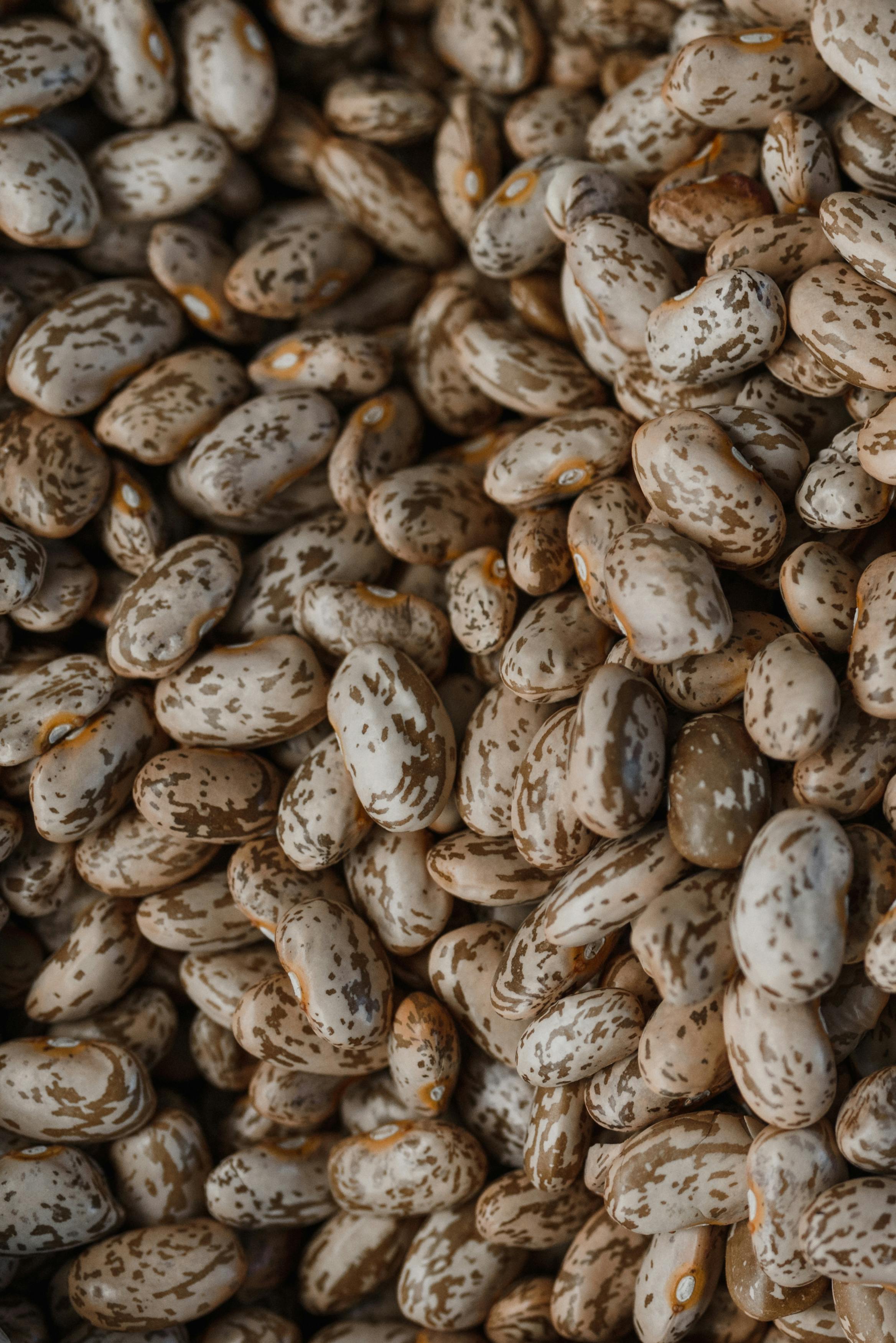
Smart Ways to Handle Disadvantages of Eating Coconut in 2025
Coconut has been a popular food source and ingredient globally, valued for its unique flavor and health properties. However, its increasing popularity has also brought to light several coconut disadvantages and coconut drawbacks that need to be considered, especially in 2025. Understanding these challenges allows consumers to make informed choices about incorporating coconut into their diets.
This article will explore various health risks of coconut, ranging from its high fat content to issues related to cholesterol and digestion. Additionally, we'll delve into practical solutions for mitigating these concerns, ensuring that you can enjoy coconut while managing its potential downsides.
By taking a closer look at coconut's nutritional profile and associated health implications, our goal is to provide a well-rounded understanding of its role in modern diets along with effective strategies to handle its disadvantages.
Understanding Coconut Nutrition Issues
The nutritional value of coconut varies significantly between its forms, such as fresh coconut meat, coconut milk, and coconut oil. While some nutrients—like dietary fiber—can be beneficial, coconut nutrition issues also arise, particularly due to its high caloric density. Consuming too much coconut can lead to weight gain, especially considering its fat content. Understanding these coconut dietary pitfalls is essential for balancing your intake.
Additionally, the way coconut is processed can impact its health benefits negatively. For instance, fried coconut has significant downsides that less healthy compared to raw or dried coconut. Thus, being aware of coconut processing risks is essential for maintaining a healthy diet.
Coconut and Health Risks
Many individuals are unaware of the health risks of coconut. Due to its high saturated fat content, coconut consumption can potentially affect cholesterol levels and heart health negatively. Studies suggest that those with pre-existing cardiovascular conditions should approach coconut with caution, assessing its impact on their cholesterol and heart health.
Moreover, peculiar coconut allergy symptoms can hinder some people from enjoying its benefits. Recognizing these symptoms and consulting with a healthcare provider is wise if you notice any adverse reactions.
Navigating Coconut's Impact on Blood Sugar
An important aspect to consider is coconut's effect on blood sugar levels. While some advocate for its use in diabetic diets, others warn about potential spikes due to its high caloric content. It’s crucial to track how your body responds to coconut in relation to coconut and diabetes, ideally under the guidance of a healthcare provider.
Practical advice includes moderating your intake of coconut products, whether they be oil, water, or meat, and combining them with other food groups to help stabilize blood sugar levels. Exploring alternatives or modifications can aid in successfully including coconut in a balanced manner.
Addressing Digestive Issues Related to Coconut
Coconut can result in digestive challenges for some individuals, with common coconut digestive issues arising from its high fat and fiber content. If consumed excessively, it may cause bloating or discomfort. It's essential to introduce coconut gradually into your diet, allowing your body to adjust, and being mindful of coconut fiber content issues that may disrupt gut health.
Incorporating other fiber sources can help mitigate these effects, promoting a well-rounded diet that supports overall digestive health. Consulting with a nutritionist can also help provide tailored advice for optimizing your coconut consumption.
Consider Coconut's Environmental Impact
As we become increasingly aware of sustainability, understanding the environmental impact of coconut production is vital. Coconut farming can lead to significant environmental consequences, including deforestation and biodiversity loss. Recognizing these coconut sustainability problems is essential for environmentally conscious consumers.
Choosing organic and sustainably sourced coconut products can help mitigate these impacts. Additionally, supporting local farmers advocating for sustainable practices can contribute to a more responsible coconut industry.
Conclusion and Key Takeaways
In conclusion, while coconut offers various health benefits, it also comes with several drawbacks that require careful consideration. Potential risks related to fat content, digestive issues, blood sugar impacts, and environmental concerns necessitate a balanced approach to coconut consumption. By understanding these coconut consumption side effects and acting responsibly, you can enjoy the rich flavors of coconut while managing its disadvantages. Make sure to consult with health professionals and consider sustainable practices in your coconut purchases.
 example.com/image2.png
example.com/image2.png
 example.com/image3.png
```
example.com/image3.png
```